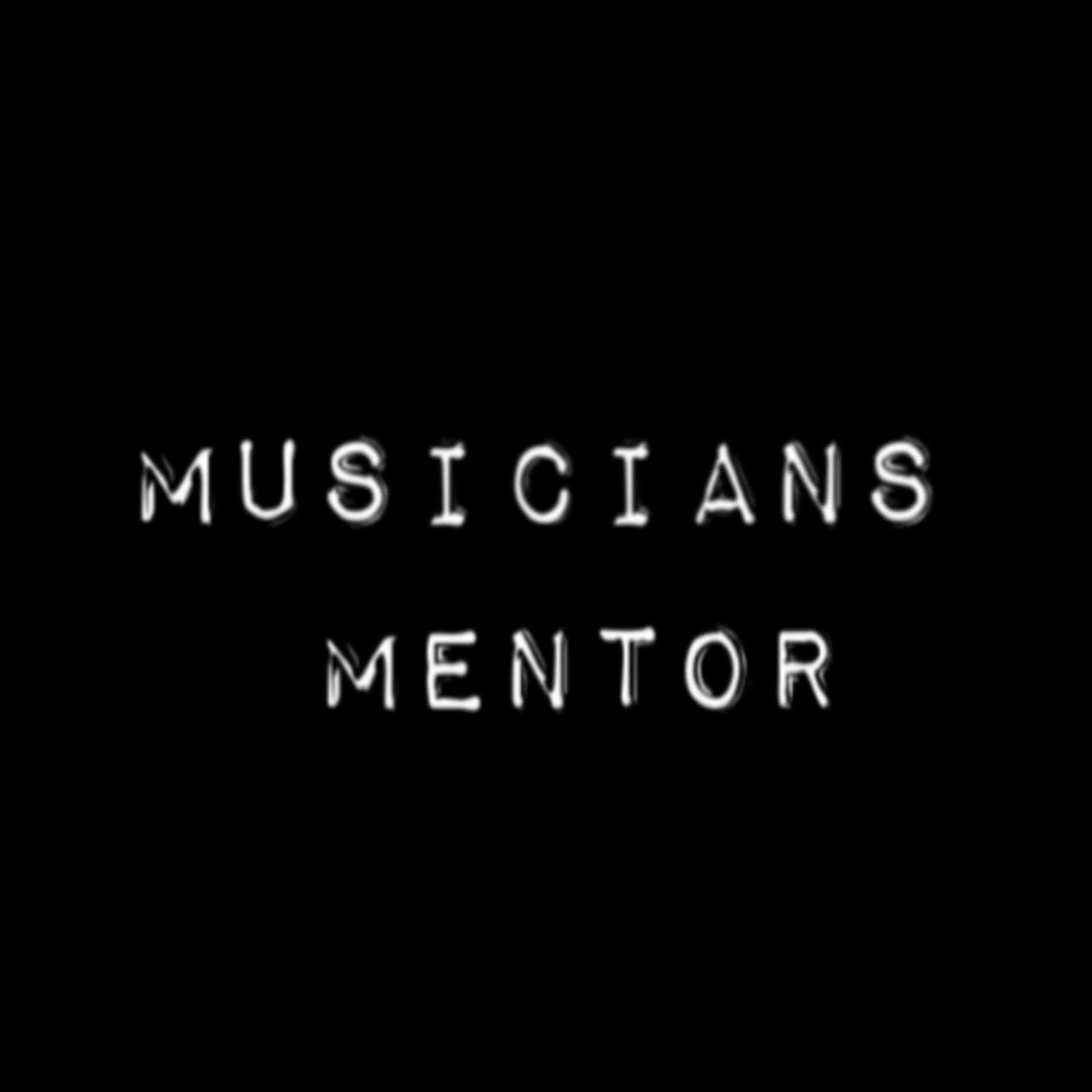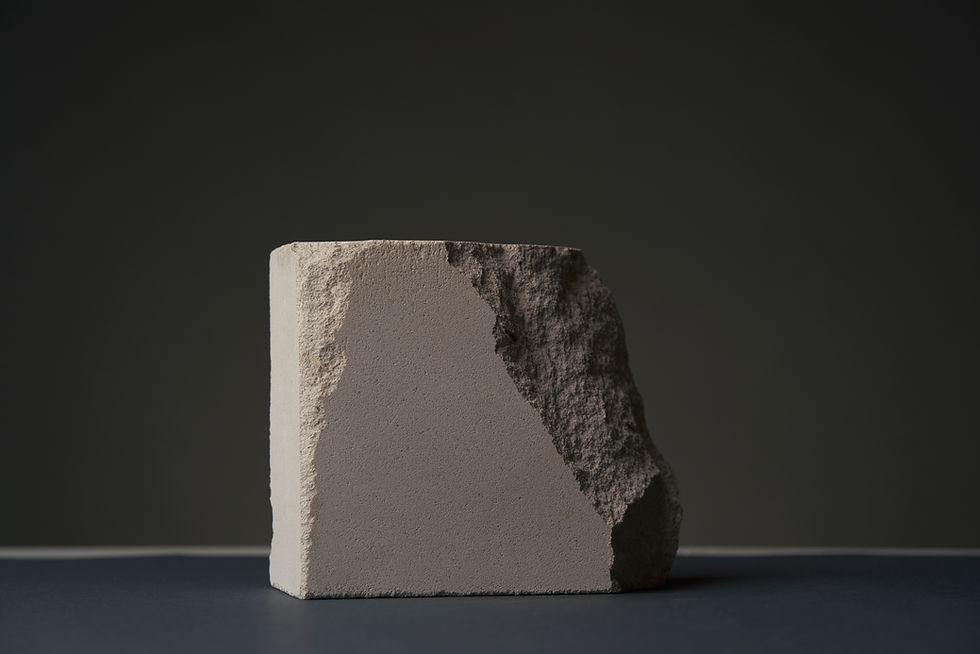Practice Schedules
- musicians mentor

- Feb 4, 2022
- 3 min read
Updated: Oct 5, 2022
Practice is a topic that I’m extremely passionate about. And as hard as it is finding time to practice various things in my own life on a daily basis, it’s still something I insist on doing everyday and just so you know, I intend on writing a lot about the subject moving forward with this blog, so if you’re a return user here I’m sorry (but also not sorry), as there are so many different approaches to the art of practice that can be taken that it would be impossible to conclude the array of different sub topics we could discuss under its banner. If you don’t feel like practicing, try remember this. If you want to be great (at anything in life), you have to practice!
'The Matrix’ is not real (well, not yet anyway), so unfortunately there is no quick ‘insert data chip port on the back of our necks type technology’ to suddenly become an amazing musician (or amazing anything for that matter). It takes years of dedication, time and of course, good quality practice. The great news though, is that 'genius type status' can be achieved with the right mixture of determination, self-discipline, hard work and motivation.
With each year that passes (and as I get older and take on more responsibilities), the more apparent it becomes that I no longer have the luxury of messing about on my instrument for hours on end while my parents take care of all the household chores and bills. (Ah, those were the days, where's the DeLorean when you need one). Also, if you don't know what a DeLorean is, please go watch 'Back To The Future' - but do this when you're not practicing!
Having a well worked out practice schedule still allows me to get a sufficient amount of time to practice and learn new ideas on my instrument (or instruments) and I firmly believe that putting together a schedule (as disciplined and unrock and roll, as it may sound) will really help you on your journey to becoming the best musician you can be.
So with that in mind, here is my recommendation on how you can alter your daily lifestyle to include your 'creative needs' and become a better musician (and hopefully a better person) at a realistic pace - whether it's daily, weekly, monthly or yearly and whether you're a part or full time musician.
Rather than sharing my personal schedule with you, I've worked the below routines out based on stereotypical assumptions, and highlighted some potential practice times in red. This can of course be applied however you like, in order to suit your own personal goals and needs.
Let's start with the part time musician. (Your day might look something like this).
06:00 - Potential practice for an hour. 07:00 - Shower, get dressed, eat breakfast etc. 08:00 - Leave for work. 09:00 - Work. 17:00 - Leave Work. 18:00 - Eat dinner, relax with family etc. 22:00 - Potential practice for an hour. 23:00 - Sleep.
Now for the full time musician. Your day (provided you're not touring heavily) might look something like this.
09:00 - Wake up, get dressed, eat breakfast etc. 10:00 - Potential practice for 4 hours. 14:00 - Eat lunch and load gear for the night's gig. 16:00 - Potential rest/nap if required, otherwise plan gig logistics (setlists, merch etc). 17:00 - Leave for gig. 18:00 – Sound-check, socialise, eat dinner, warm ups. 21:00 - Actual performance. 00:00 - Load gear and travel home or to accommodation. 01:00 - Sleep
In each scenario there are good potential times for practice sessions that will obviously vary for everyone. Some people might find practicing for 1 hour is just too little, whilst others might feel that practicing for 4 hours is just too much (especially given that statistically, the average human can only correctly concentrate for periods of 20 - 30 minutes at a time before the brain needs a break). Just remember, the above examples are exactly that - examples, and should be used simply as guidelines in case you don't know where to start. In addition, please consider that you wouldn’t necessarily actually practice new ideas and concepts for four hours, but rather one new idea repetitively for four hours instead, to really internalize the concept.
I also have to give a massive shout out to one of my past guitar tutors - Luke Van Der Merwe, who initially introduced me to this way of thinking in regards to my own practice. It completely changed how I approached my time with my instrument and I’m confident it could benefit you, should you try it too. (If you’d like to see Luke play check this out - https://youtu.be/eFSgcgIjcUU)
Until next time, work hard, play hard and practice - diligently. @MusiciansMentorPics




Comments